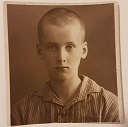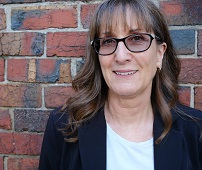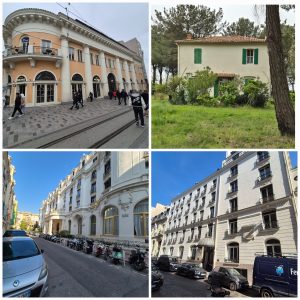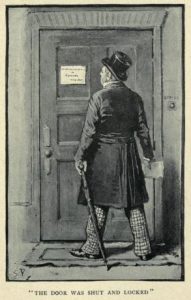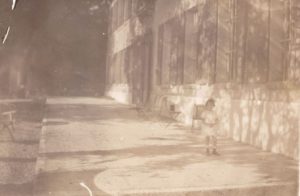Until today it didn’t dawn on me that I am writing a memoir which could be termed historical. In my mind, my manuscript could be memoir or biography or autobiography or even creative non-fiction, but more than that, I haven’t thought about.
My manuscript begins with the death of my father. Angry at the amount of accumulated stuff he left for me to clean up, I begin to sort through it. The documents and letters I discover fuel my curiousity and make me determined to find out more about my father and his life.
My father never told me much about his childhood, or if he did, I can no longer remember the stories. Now and again he would relate an amusing tale, some escapade he and his brother got themselves into, but they were only snippets out of his life. He never mentioned his parents, what they were like, or how well they parented. From him I never learned anything about his daily life, his schooling or his friends. One minute he was growing up, the next he was a young adult, then in the war – which he refused to talk about – and then married to my mother, with seemingly little in between.
My father’s story began with his birth in 1919, but his family’s story began at least 700 years before that in what they knew as Kurland, but we know as a part of Latvia.
In my manuscript I write about my father growing up, first in Germany, later in Latvia. As you can see from the photo of him as a young boy, he was a solemn and, I believe, not very happy child. I follow him as a young man, drafted against his will into the German army. I write about his imprisonment in an American prisoner of war camp. I surmise about his relationships with a few young girls during and after the war. And I look at how his experiences and the trauma he suffered impacted on our relationship.
Today I was invited to join a lunch time gathering of writers and readers of historical writing. It wasn’t until I met them, and we started to talk that I realised I was writing about history. When asked, I explained my manuscript and was able to join into fabulous discussions about that era and other people’s experiences. I also discovered the wide range of genres represented by the writers who were present.
You might think it strange that I didn’t appreciate my words were describing historical events but, until now, I have been focused on writing about my father, my family and less aware of the history I have been recording.
I look forward to joining this group at more functions and events. Writing is a solitary business and it is always fabulous to meet other writers and equally fabulous to meet readers, especially if they are interested in your work. I’m so happy I was given the opportunity to meet this group to talk about writing and reading history.
